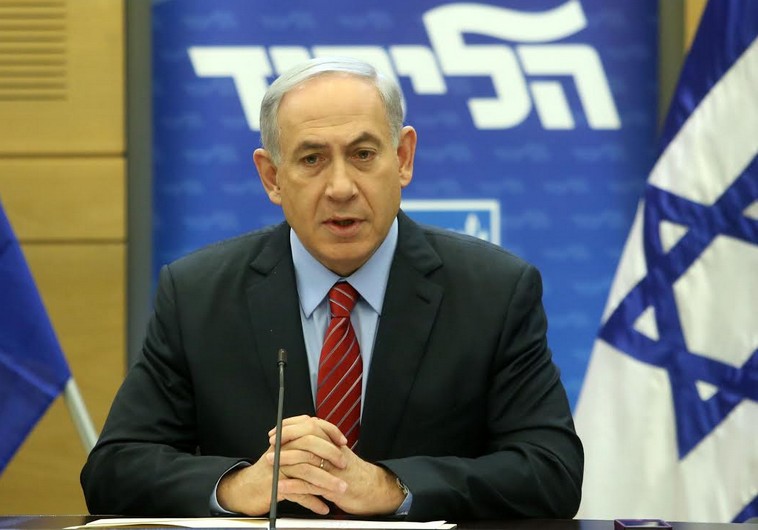Will Israel target Abbas after its embarrassment?
Abdulrahman al-Rashed/Al Arabiya
Saturday, 3 January 2015
Rejecting the Palestinian statehood bid was so easy that the United States did not have to resort to its veto power at the U.N. Security Council. The draft resolution did not even garner the simple required majority of votes due to Nigeria who also stood against the Palestinian plan! The eight countries who voted in favor of the draft resolution were Russia, China, Jordan, Chad, Argentina, France, Luxembourg and Chile. Those who voted against it were the U.S. and Australia while the countries who abstained were Britain, Lithuania, Rwanda, South Korea and Nigeria, which appeared to have disappointed Arabs by changing its position shortly before the vote. After the Arab team’s defeat at the United Nations, we must think what Israel’s upcoming measure will be against the Palestinian presidency. Israel may tighten the internal siege on the Palestinian presidency after it failed to curtail it on the foreign level.
Of course, we did not expect the U.N. Security Council to approve and recognize a Palestinian state. If it happened it would’ve been the most important event in 70 years and would have marked the beginning of a new history for the region and the Palestinian people. This demand of a Palestinian statehood is certainly essential however achieving it exceeds our capabilities and requires political influence, a change in the balance of regional powers and long and complicated diplomatic efforts. Palestinian President Mahmoud Abbas’ team must’ve been expecting this negative result of rejecting the draft resolution before it even submitted. But the Palestinian team certainly didn’t act while under the illusion of a possible victory. Abbas may have made this move as a political maneuver to embarrass Israel and the U.S. or may have done so in hope to negotiate other demands like ending settlements or resuming peace negotiations or restraining Israeli security forces’ violence in the West Bank. Failure is expected at the UNSC but the only surprise is the Arabs’ incapability to carry out the easy task of gathering nine votes in support and thus force the U.S. to use its veto power and send a message to the world that it’s only through the veto power that the Palestinians’ right was not achieved.
Israel’s next move?
The Israelis stopped threatening the Palestinian authority about resorting to the UNSC or attempting to join the International Criminal Court – which is the next step. This makes it possible for Abu Mazen to keep going. The Israelis had warned Abu Mazen that his acts may violate the security Oslo agreements but this is an empty accusation that resembles Abu Mazen’s threat to end security cooperation with Israel in the West Bank. However it’s not only extremist Jews who threaten the West Bank’s stability but there are also Hamas movement cells previously arrested for planning operations that fall within the context of the struggle between the two states in the West Bank and Gaza. Israel also plays the role of the protector of Gaza from Fatah’s security who seeks to alter the political situation in the strip.
“Failure is expected at the UNSC but the only surprise is the Arabs’ incapability to carry out the easy task of gathering nine votes”
U.S. President Barack Obama was insulted many times by the Israeli government of Benjamin Netanyahu; however his stance remained weak and he didn’t do anything to curb the Israelis over the course of six years of clear violations of agreements signed under the sponsorship of Washington. Therefore, no one expects any important development by Obama during the remaining time of his presidential term, and we actually fear that the Israelis exploit his weak stance to push Ramallah’s government to collapse via adopting a series of practices and committing violations that increase the number of settlements, allow extremist Jews to attack Palestinians in al-Aqsa mosque and spark confrontations that end Abbas’ term as president after embarrassing and weakening him.






















